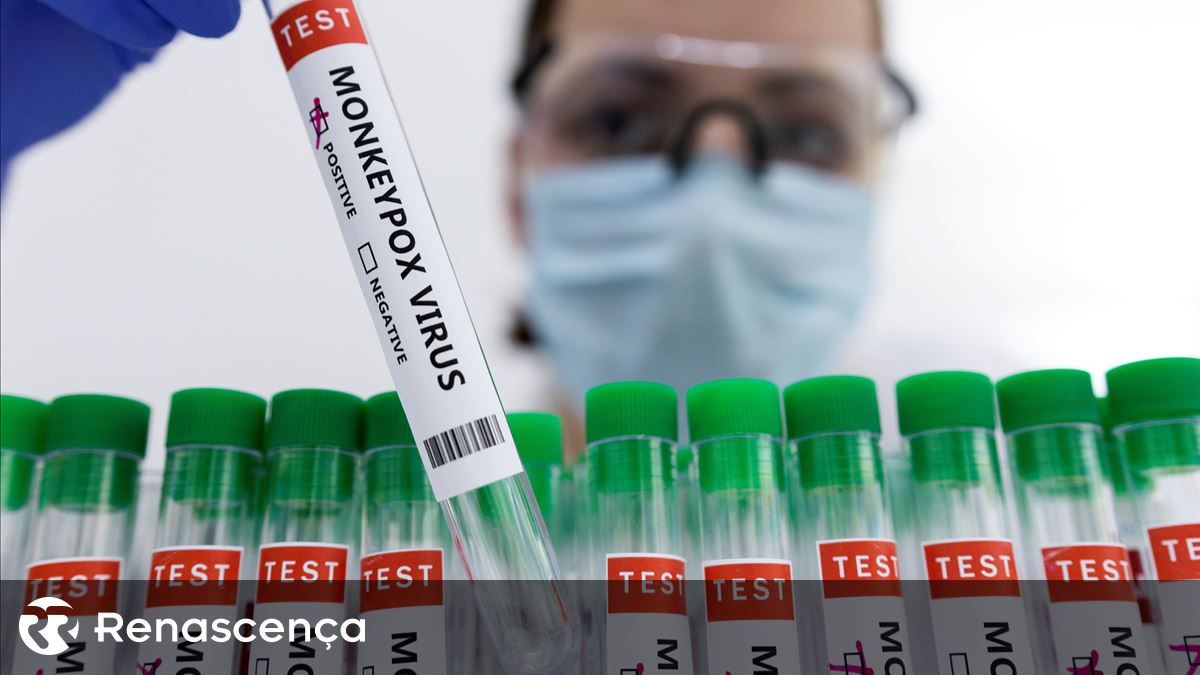The World Health Organization announced on Saturday that it will meet its emergency committee on Wednesday to assess whether the smallpox epidemic is continuing in several African countries.
“First meeting of the Emergency Committee convened by the Director-General of the World Health Organization [Tedros Adhanom Ghebreyesus] On the resurgence of the coronavirus 2024 scheduled for Wednesday, August 14 (…) from 12:00 to 11:00 in Lisbon, the World Health Organization announced in a note sent to journalists, quoted by Agence France-Presse.
This meeting will be held online, as usual, behind closed doors.
“The committee will give me its opinion on whether the outbreak constitutes a public health emergency of international concern, and if so, will advise me on the temporary recommendations to be made,” Tedros Adhanom Ghebreyesus said on the social networking site X.
The director-general of the World Health Organization announced on Wednesday that he would convene an emergency committee “as soon as possible.”
A Public Health Emergency of International Concern (PHEIC) is the highest level of alert that WHO can issue. It can be issued by the Director-General of WHO on the recommendation of the Committee.
Smallpox, formerly known as monkeypox, is a viral disease that spreads from animals to humans, but is also transmitted through close physical contact with a person infected with the virus.
A new strain of smallpox, called “clade 1b,” was discovered in the Democratic Republic of the Congo in September 2023 and has since been reported in several neighboring countries, raising concerns that the virus could spread. According to a WHO official, clade 1b “causes more severe disease than clade 2.”
The Democratic Republic of the Congo is the worst-hit country, with 14,479 confirmed and suspected cases and 455 deaths as of August 3, a case fatality rate of about 3%, according to the African Union health agency.
The World Health Organization will “likely declare a public health emergency” next week in response to the monkeypox epidemic in Africa, the African Union health agency said Thursday, the ministry said today.
Smallpox was first discovered in humans in 1970, in what is now the Democratic Republic of the Congo (formerly Zaire), with subtype 1 (of which the new variant is a mutation) spreading, which has since been mainly confined to West and Central African countries, with patients generally being contaminated by infected animals.
In 2022, a global epidemic, transmitted by subtype 2, spread to about a hundred countries where the disease was not endemic, mainly affecting gay and bisexual men.
The World Health Organization then declared a state of high alert in July 2022 in light of the outbreak of cases around the world, and lifted it less than a year later, in May 2023. The epidemic caused about 140 deaths out of about 90,000 cases.

“Writer. Analyst. Avid travel maven. Devoted twitter guru. Unapologetic pop culture expert. General zombie enthusiast.”

